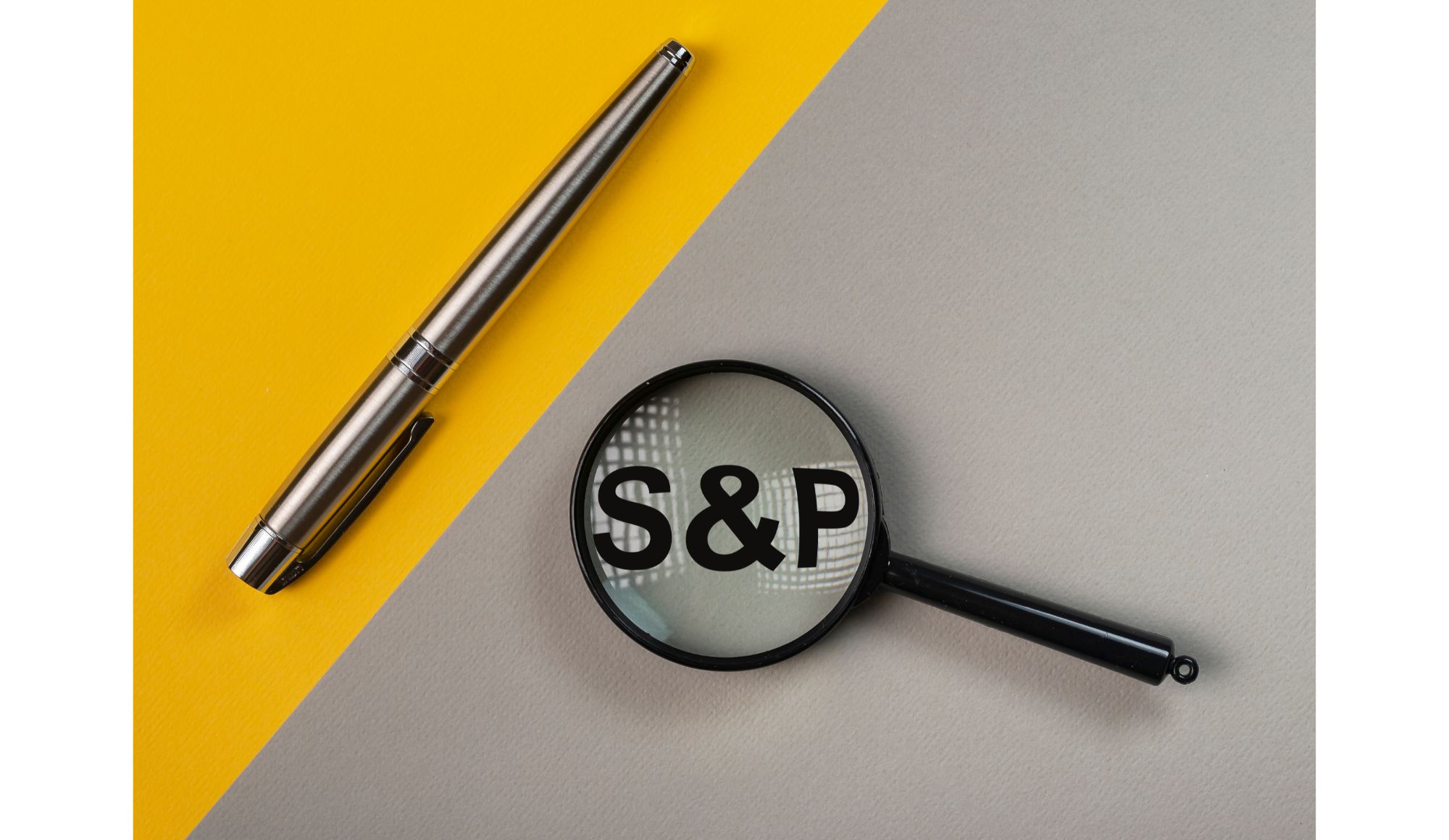1 ETF Buffett Prefers Over His Own Berkshire
Warren Buffett has spent his life building Berkshire Hathaway, a firm he describes as a mosaic that will never be completed. You would think that having put so much of his heart and soul into painting this canvas that he would surely advise his beneficiaries to cling on to Berkshire shares with a tight grip after he has passes on.
But Buffett knows that Berkshire is much more fragile than it seems to the outside investor. Where shareholders and prospective buyers see a composition of wide moat companies carefully selected by the investing maestro, Buffett sees a single point of fragility in the CEO position, at least it seems that way.
He’s not worried about his own tenure at the top but it appears that he may be concerned about who and what comes after him. Famously, Buffett has said that it’s important to buy a company that is robust and has a sustainable competitive advantage, so strong that it can’t be disrupted even by a poor leader because, inevitably, a fool will one day lead it.
Even the helm of Berkshire Hathaway is at risk of a fool ascending to the top, which is one reason why Buffett favors another approach after he’s gone, investing in an exchange-traded fund.
Key Points
- Warren Buffett acknowledges the potential vulnerability in Berkshire Hathaway in spite of the composition of wide moat firms under its hood.
- An ETF offers broader risk distribution versus Berkshire’s concentrated portfolio, minimizing the impact of individual investment failures.
- It also tends to be less volatile compared to Berkshire Hathaway, offering a more stable investment option for Buffett’s heirs post his tenure.
1 ETF Buffett Prefers vs Berkshire
The leadership problem Berkshire faces is not one that an exchange-traded fund suffers from, and Buffett’s favorite is the S&P 500. What are the chances five hundred fools will take the role of CEO at each of the top 500 companies? It’s certainly lower than the odds at Berkshire.
Yet there’s something else Buffett knows Berkshire may be at risk from that the S&P 500 is not. The S&P 500 has a survivorship bias that Berkshire does not enjoy.
For example, if a company starts to underperform for whatever reason for a sustained period of time, another stronger company is likely to take its place and the net result is the S&P 500 is always a composition of the best and strongest companies in America. By contrast, a few poor bets by Buffett or his investment team and there’s no savior to step in and correct for the underperformance.
Is This ETF Better Than Berkshire?
In addition, the risk of investing in the S&P 500 is necessarily lower than by maintaining full exposure to Berkshire Hathaway because each dollar invested is spread across 500 companies, a much larger sample set than Berkshire holds in his combined portfolio of equities and businesses.
This is particularly relevant for concentrated bets. If Buffett makes a big bet that is a loser, the effects are disproportionately large, and arguably amplified as time goes by and even larger investments need to be made to move the needle. In Buffett’s words, Berkshire is now an elephant hunter and it has so much cash that it must deploy massive hoards of it. Commensurate with those oversized bets is more risk if they go awry.
Lastly, the volatility of Berkshire versus the S&P 500 poses a risk to shareholders who may not be as comfortable with larger percentage swings, especially during bust periods. The odds are Berkshire will fall further than the S&P 500 during a corrective phase.
For all those, the S&P 500 is advocated by Buffett for his heirs and beneficiaries upon his passing. And if it’s good enough to hold an S&P 500 ETF for the most prolific investor of the past century, it’s probably worth considering for you.



